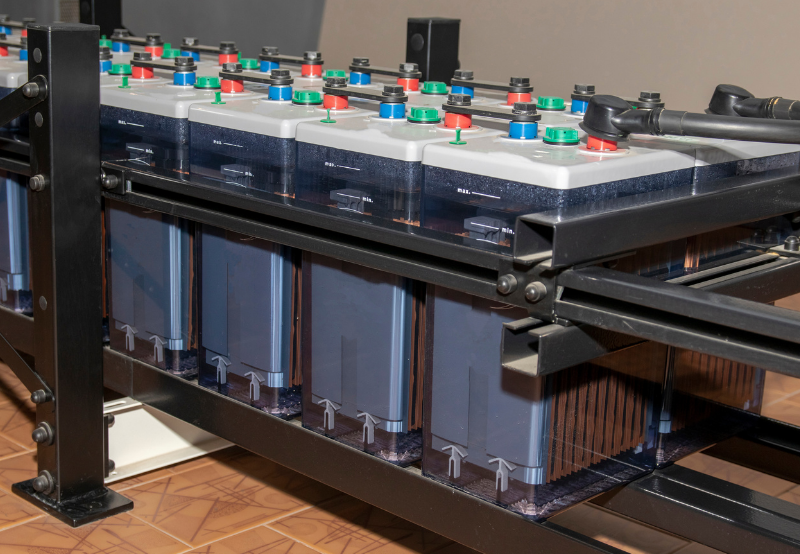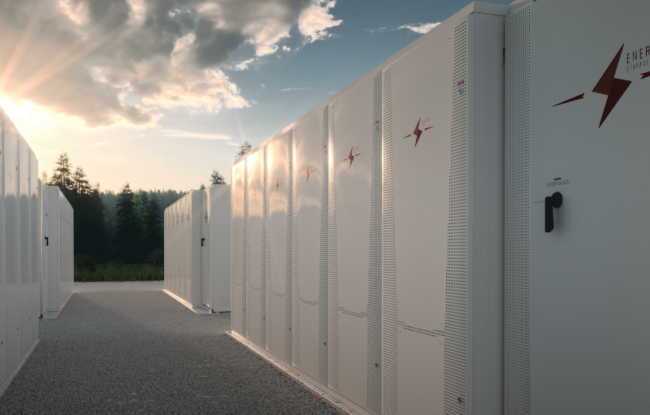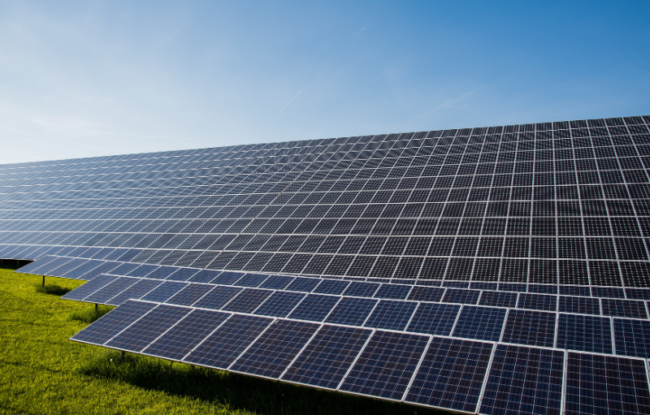Johnson Matthey (JM), a sustainable technology company, agreed to sell part of its Battery Materials business to EV Metals Group, a battery chemical, and technology provider, for £50 million (~$53 million).
Johnson Matthey will hold a minority equity stake in EV Metals as part of the deal.
The sale also includes Johnson Matthey’s eLNO technology. EV Metals Group will continue to develop eLNO.
The acquisition includes Johnson Matthey’s assets at the Battery Technology Centre in Oxford & Battery Technology Center and pilot plant in Billingham, a research center in Moosburg, Germany, and the partly constructed site in Konin, Poland.
The sale does not include Johnson Matthey’s LFP facility in Canada, which Nano One Materials (a clean technology innovator in battery materials) will acquire for approximately C$10.25 million (~$7.8 million).
Under the deal, Nano One Materials entered into a binding agreement to acquire all the outstanding shares of Johnson Matthey (JM) Battery Materials (JMBM Canada). JMBM Canada includes a 2,400 tonne per annum capacity lithium iron phosphate (LFP) production facility in Candiac, Quebec, inhabiting approximately one-tenth of the 400,000 square foot property.
The transaction is expected to complete by 2022, subject to JMBM Canada fulfilling contractual commitments and certain other closing conditions.
“Johnson Matthey made the decision to exit Battery Materials due to insufficient returns, increased commoditization of battery materials combined with the need for very high capital investments to remain competitive,” said Liam Condon, Chief Executive of Johnson Matthey.
The company identifies these deals as an important diversification that will help them focus on their core portfolio and achieve net-zero targets.
Earlier week, Battery cell technology company Britishvolt signed a sale purchase agreement (SPA) with Monbat Group to acquire its battery cell manufacturing subsidiary EAS at a consideration of €36 million (~$38 million). EAS, wholly owned by the Monbat Group, has been developing and producing large-format cylindrical lithium-ion battery cells from 7.5 Ah to 50 Ah using advanced and compact electrode production technology.
As per recent reports, in Q1 of 2022, there were five corporate M&A transactions involving Battery Storage companies compared to nine in Q4 2022.



